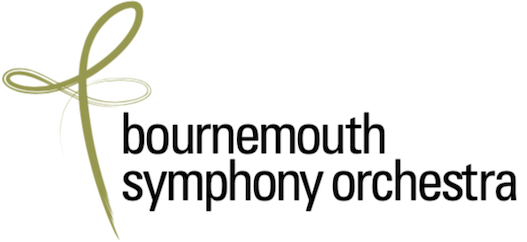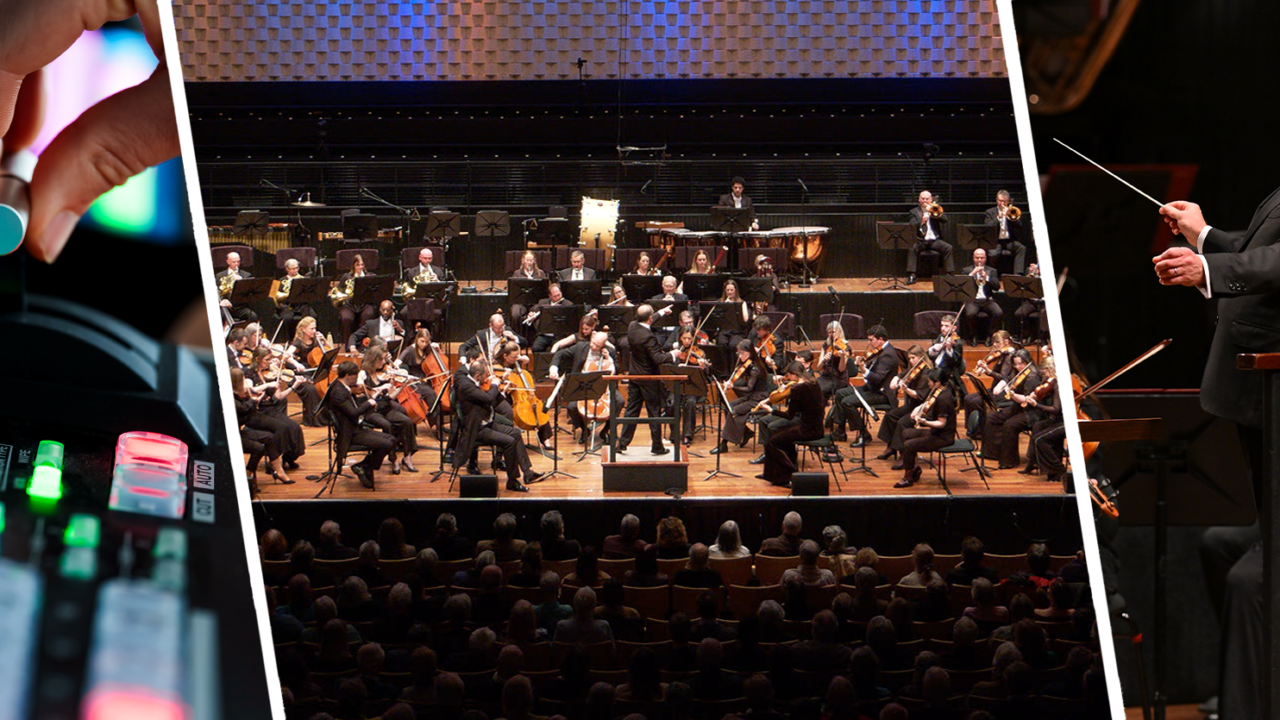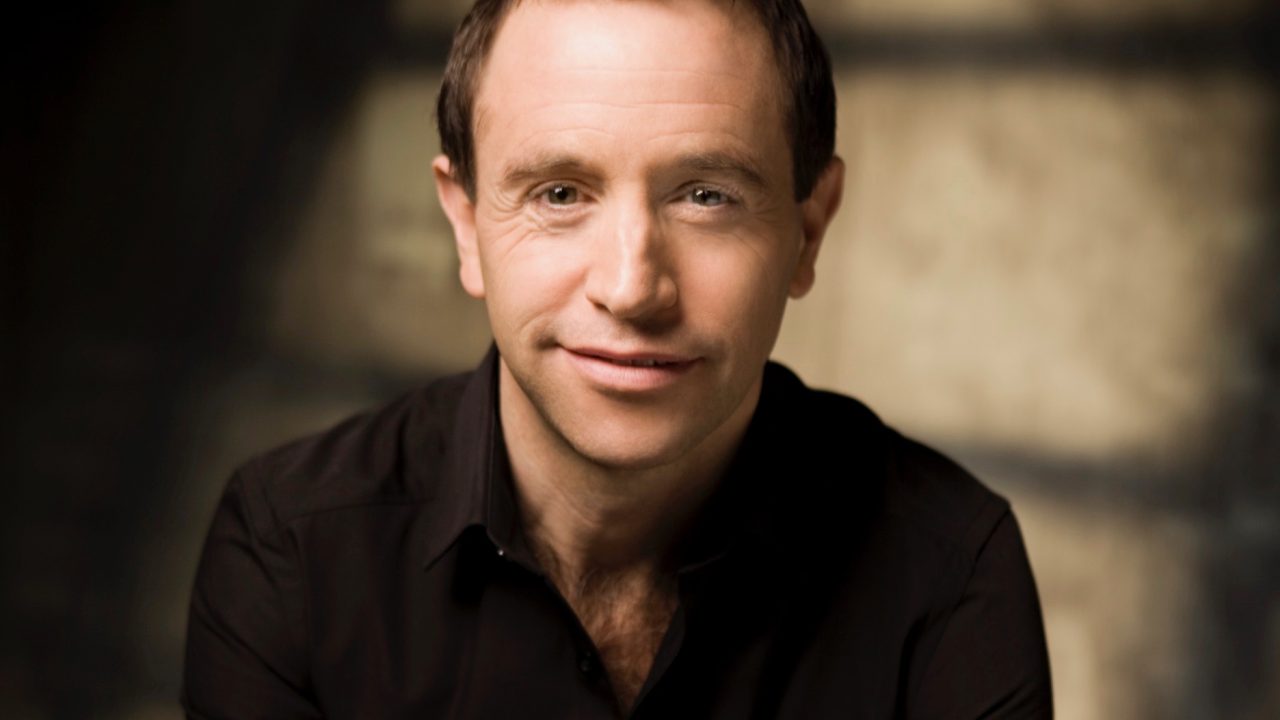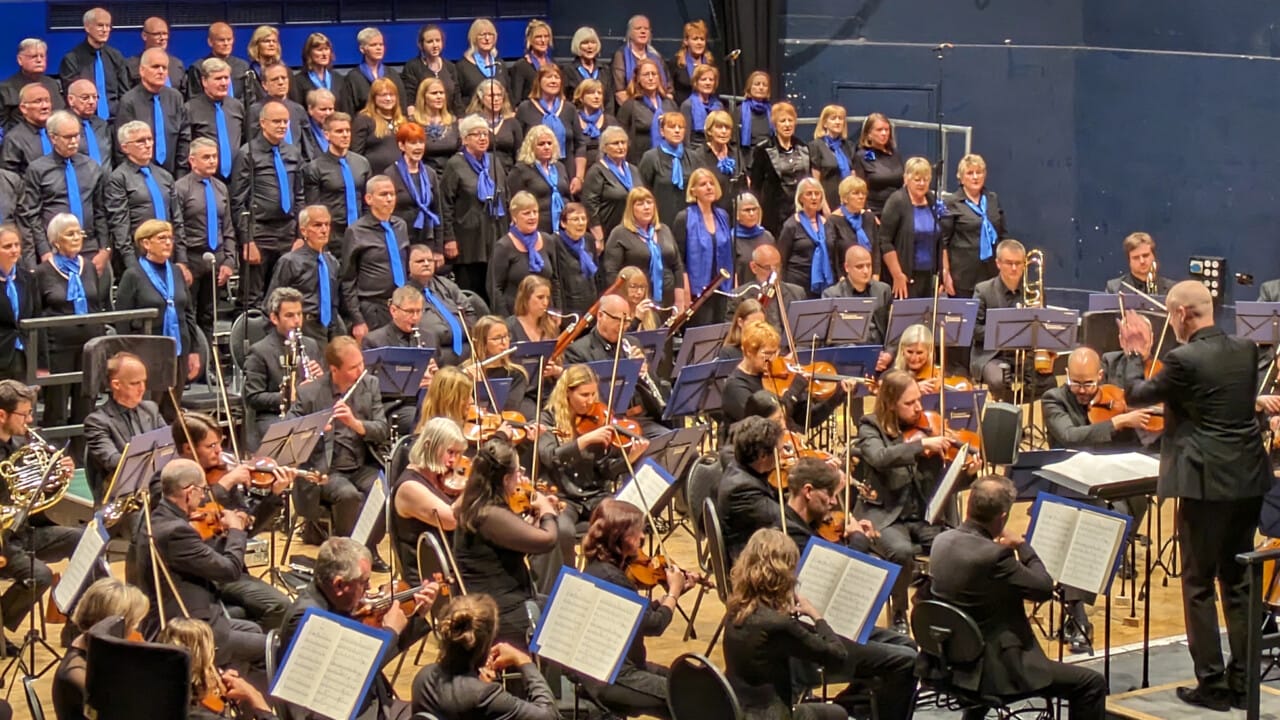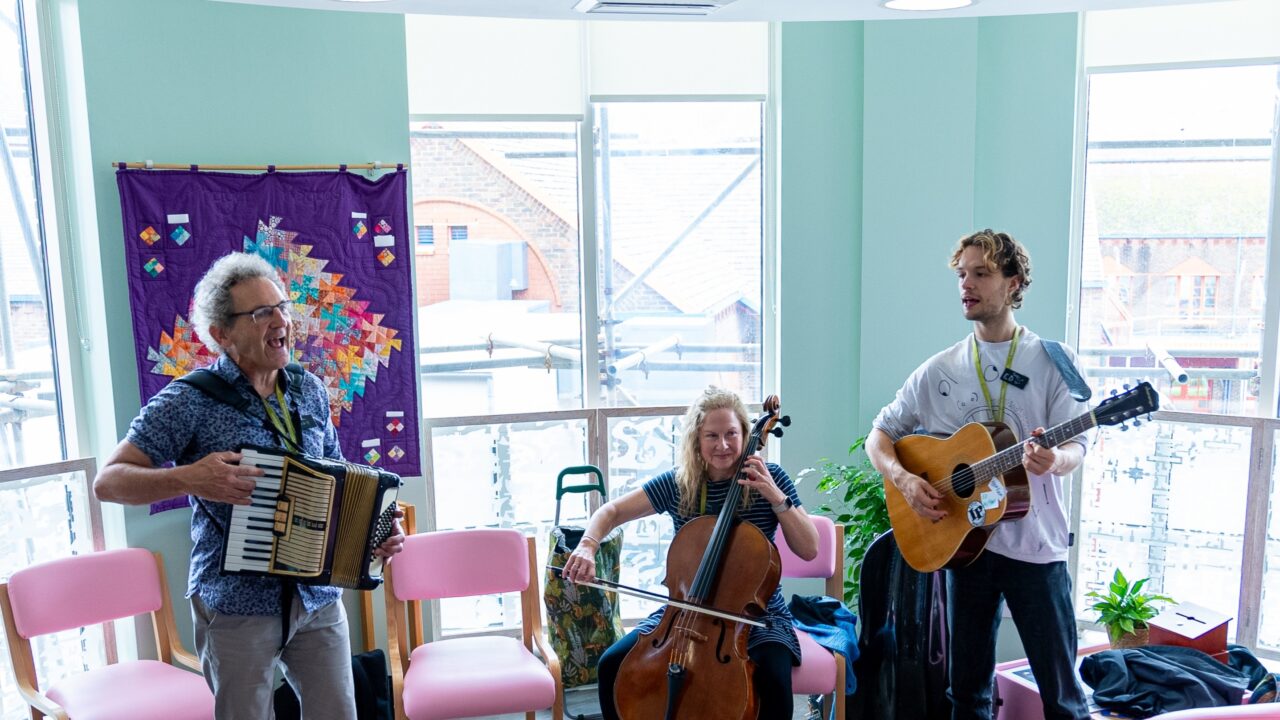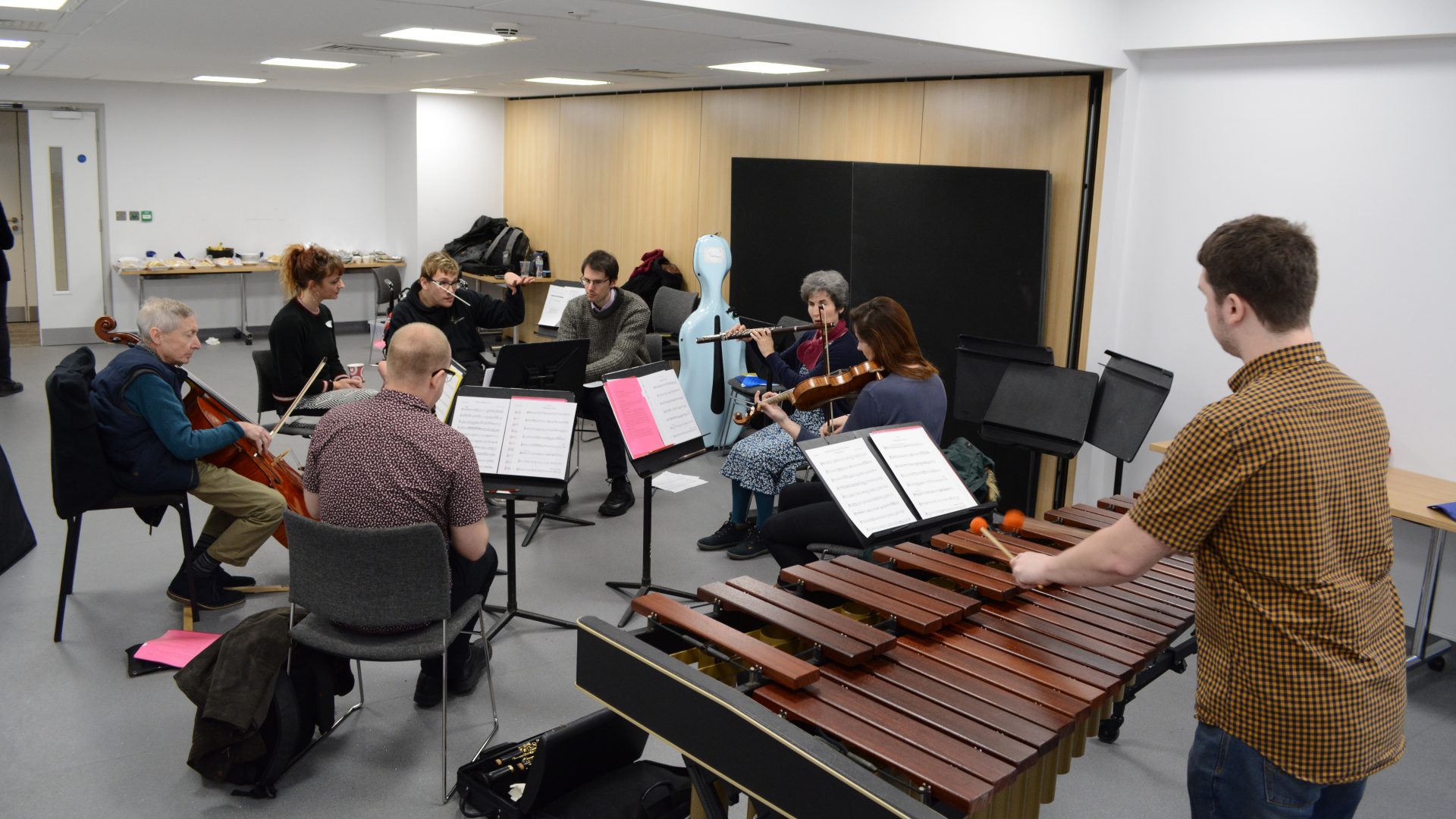My own musical journey was changed forever after medical symptoms and the diagnosis of multiple sclerosis aged 17. This was just months before I was due to perform with the Arad Philharmonic in Romania as a viola player.
MS changed my life. It stopped me playing viola. But it certainly didn’t stop me composing.
However, I never wanted to be labelled and so the diagnosis remained a secret to all but a few. I was so worried about being judged that I told only a few friends.
“Yet it was impossible for me to say to people, ‘Speak louder, shout, for I am deaf.’ Oh, how could I possibly admit an infirmity” – Ludwig van Beethoven, Heiligenstadt Testament
Keeping MS hidden was easy because I had no visible symptoms, but at the same time it one of the hardest things I have ever done. I was in school, going to lessons, playing with friends, studying for exams, but on the other side I was going to hospital appointments, seeing neurologists and nurses, and discussing long term medication. But I didn’t really talk to anyone.
So this was where composition came in. I found that I could write pieces that encapsulated the feelings of fear and uncertainty with which I had been dealing. I never wanted to discuss MS openly even with the few friends that knew, but music had the veil of anonymity.
I could use music to explore emotions and share this with audiences, even when not openly discussing the inspiration and background to pieces.
Now zoom forward to the present time. I have been appointed Composer-in-Residence with Bournemouth Symphony Orchestra’s new ensemble, BSO Resound. The BSO is the first professional orchestra in the world to have a professional disabled-led chamber ensemble at the heart of its activities. This amazing ensemble has musicians who are not being judged by their disabilities but celebrated for the wealth of talent, knowledge and diversity they bring. BSO Resound showed me that it is okay to say that one has a disability. It inspired me to publicly say who I am, and not hide but be honest about myself.
My composition Trembling, hoping, lingering, flying represents my emotional journey of coming to terms with having MS. It is a suite of four 5-minute pieces commissioned by BSO Resound, and the title is borrowed from a line in a poem by Alexander Pope.
The first movement, Trembling, looks back to the fear and uncertainty I felt having my first MRI brain scan aged 15 and diagnosis two years later. Fast, repeated high notes create a texture like rainfall. Different players in the orchestra enter at different times, creating a continually changing, rippling texture. Accented notes punctuate this soundworld.
The second movement, hoping, is much more introspective. Long melodic lines are thoughtful, searching, and looking for answers, yet they are not to be found. The vibraphone shares the melody with other instruments in BSO Resound, whilst the orchestra creates a sea of sound with overlapping harmonies. This movement starts on a low and quiet note, which steps up one note at a time in a slow scale to the middle, climactic section of the piece, before falling back down to the end. I am thrilled that this movement will be performed in the Royal Albert Hall as part of the BBC Proms this year.
The third and fourth movements, lingering and flying, reflect a renewed determination – in the words of Winston Churchill – to “Never, never, never, never give up.”
Are there any other composers with disabilities? You might be surprised. Joseph Straus writes in Extraordinary Measures:
‘Beethoven, of course, comes immediately to mind—he is at the center of the canon, and his deafness is at the center of interpretation of his music, especially his late music. But a moment of reflection calls many others to mind: Landini (blind from a young age); Bach and Handel (both blind in their final years, as was Delius); Smetana, Fauré, Ralph Vaughan Williams, and Ethel Smyth (all deaf in their later years); Schubert (the disabling effects of syphilis), Schumann (madness), Milhaud (mobility impairment), Stravinsky (stroke), Copland (Alzheimer’s disease)—the list goes on and on.’
What have I discovered working with musicians with disabilities after being appointed Composer-in-Residence with BSO Resound? How did I have had to change my compositional practices? These are topics I covered in a paper I co-authored with Lisa Tregale, Head of BSO Participate, which we presented last month at ‘Cripping the Muse’, a summit event for music and disability studies at Leeds University.
My own prejudices were shattered sitting on the audition panel for BSO Resound, which taught me that there is an amazing wealth of talent.
After seeing the auditions and after hours of rehearsals, how do I think you should write differently for musicians with disabilities? The answer I came to: no differently at all. Just write for the players and their instruments as you would for any commission.
It’s not so much the music which has to be written differently, but that the method of rehearsing can be different. For example, if a musician is visually impaired, don’t expect them to be able to sight-read. They will need the music in advance; they will get it transcribed to braille and can learn it by heart. They can’t see the conductor but can listen for the intake of air before the ensemble plays. So if your ensemble’s auditioning process requires sight-reading, think who might be excluded from applying.
1 in 5 people in the UK have a disability, but is this represented in classical music? In order for musicians with disabilities to compete on a level playing field, do changes need to be made?
The music industry is difficult in the sense that it values expertise, like how many right notes you can play. The irony of that is you have people who are successful in the industry, they play perfectly, but they don’t have emotion or stories to tell, so the art form becomes less accessible for the audience. It’s not like a sport, where if you’re faster, you win the race. It’s sharing something that is new about yourself but also in some ways resonates with the other person. That’s what great art is always about.
The music industry is desperately searching for ways to make classical music more relevant and popular. Classical music is trying to survive by being faster and more technically brilliant, but is that the way it’s going to continue?
I recently chanced upon a video by one handed violinist Adrian Anantawan. This inspired me to play viola again, and I have been working on an adaptation which makes it easier to hold the bow. Whilst I would not want to make a career of it (I love being a full-time composer) I really miss playing viola in chamber music. When I was seventeen, the music scene did not seem to support the idea of making and using prosthetics to assist playing, but perhaps BSO Resound is helping to show the world that disability should not be a barrier to professional music making.
I feel very fortunate to be able to express myself through composing music.
I passionately want to be part of building a world in which everyone can express themselves creatively through music, and in which disabled and non-disabled musicians work alongside each other as equals.
I strongly believe in the need for the new ensemble, and why I am excited to be part of leading this journey as the Composer-in-Residence.
